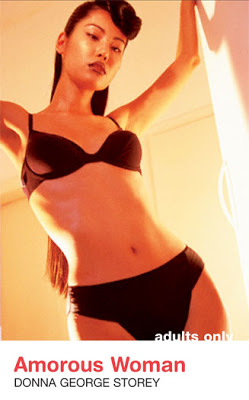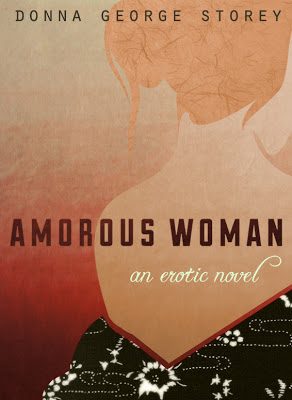Talent. Luck.
Hard work. If you have all three,
you will definitely be published. With
only two, you have a good chance of seeing your work in print. With just one, your chances fall
considerably, although it’s still possible, especially if you’re blessed with
luck. I’ve forgotten exactly where I read this advice when I was a novice
writer, but it’s stayed with me for over a decade (my apologies to the veteran
who wrote this—I hope the sharing of your wisdom will partially make up
for the lack of attribution!)
Interestingly enough hard work is the only one of these elements within an individual writer’s control. Talent is something you are born with and
much harder to determine in yourself than another, so an aspiring writer must
soldier on without sure knowledge she has It to complete the magic three. While it could be argued that preparation
paves the way for luck, by its very definition, luck is something we can’t
really order on demand. But, and perhaps
I’m being romantic, in almost every case you can become a better writer by
writing–a lot, day after day, year after year—whether or not the muse is with
you or money and fame reward you. Much
like a musician, you will improve if you practice.
Yet hard work is the
element that is also glossed over in the popular portrait of the Real
Writer, who spends her days by her swimming pool giving interviews to the press
about her lastest critically-acclaimed bestseller. Naturally, since celebrity is the modern
manifestation of aristocracy, such a being doesn’t sweat or get dirt under her fingernails.
I lay part of the blame for
this misconception on the cinematic montage, the classic way to show major
growth and progress in the movies, which, let’s face it, reach a far greater
audience than books. The writer,
frustrated, yanks a piece of paper from his typewriter and tosses it in
trash—or in a more modern incarnation frowns at his laptop and deletes a huge
block of text. In the next ten-second
scene, he repeats the procedure (perhaps downing a blender full of raw eggs for strength). On the
third pass, he smiles at his work, and in the fourth, he’s typing merrily. In the next instant, he’s shaking hands with
a prominent editor and being taken off to lunch, concluding with a book signing
with a mob of adoring fans.
Intellectually we know
this is supposed to represent a year’s worth of effort, or more practically ten, but
emotionally, I wonder if we don’t all think that writing a bestselling book takes
all of two minutes. That’s how it
happens on the screen after all. And
while we can all agree this is a convenient fiction and shouldn’t be taken
seriously, I believe these fantasies can have an unfortunate influence on our
subconscious. If the words, money and
fame don’t come easy, then we don’t have It.
We aren’t Real Writers.
In grappling with my own
relationship to the hard work of writing—beginning with the fact I only had the
courage to devote the necessary focus and effort to writing at the
less-than-precociously-talented age of thirty-five—I’ve come to realize that I
don’t want to waste my time reading something that is not the result of hard
work. Perhaps the actual writing of the
story took but a day (which has happened for me only once in a hundred stories I’ve written),
but the preparation, the gestation of ideas, the apprenticeship took years of
focus and dedication.
That’s why I so
appreciate stories of the writing life that celebrate the hard work, rare as
they are. That’s why I’ll freely admit I
spent fourteen fallow years between minoring in creative writing in college and
sending out my first story, took five years to write my first novel and
five-and-counting to write the second.
It’s not glamorous. It’s not the
most efficient way to “achieve” fame or money.
But it is deeply satisfying to see a long-term dream come to fruition.
I still agree that
talent, luck and hard work do play a role in the mysterious equation that leads
to publication. Yet for me, true success
requires more—respect for your ideas, your reader’s time, and the process of
storytelling itself. That’s all you need to be a Real Writer, swimming pool not required.
Donna George Storey has 150 publications to her credit, most
recently a collection of short stories, Mammoth Presents the Best of Donna George Storey. Learn more about her work at http://www.facebook.com/DGSauthor.





